Enter a surname, town name or other keyword to search the database. Remember to
allow for the different spellings of 'Mc' and 'Mac.' Good luck!
{Search tips: Use single word search terms for more results}
You must enter some valid character(s) into the search field
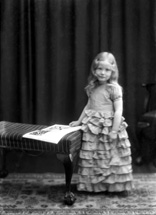
Reference: 29822a
Portrait, November 1933. #...
|
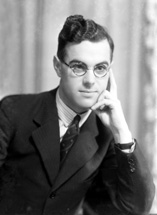
Reference: 29783d
Portrait. #...
|
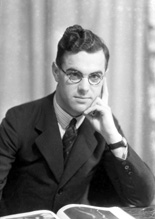
Reference: 29783c
Portrait. #...
|
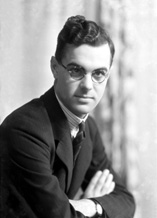
Reference: 29783b
Portrait. #...
|
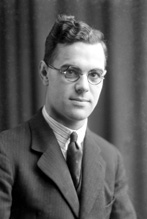
Reference: 29783a
Portrait. #...
|
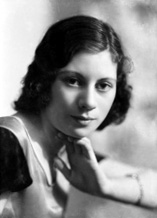
Reference: 29679f
Portrait. #...
|
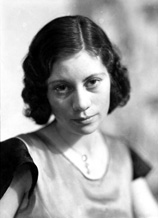
Reference: 29679e
Portrait. #...
|
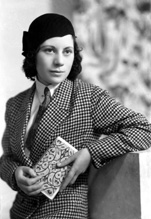
Reference: 29679d
Portrait. #...
|
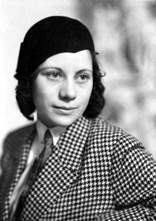
Reference: 29679c
Portrait. #...
|
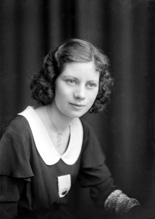
Reference: 29679b
Portrait. #...
|
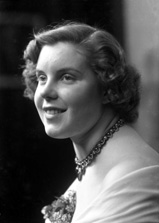
Reference: 336g
Miss Grauweiler, Fort George....
|
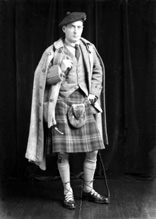
Reference: H-0238
Sir Compton Mackenzie, (1883-1...
|